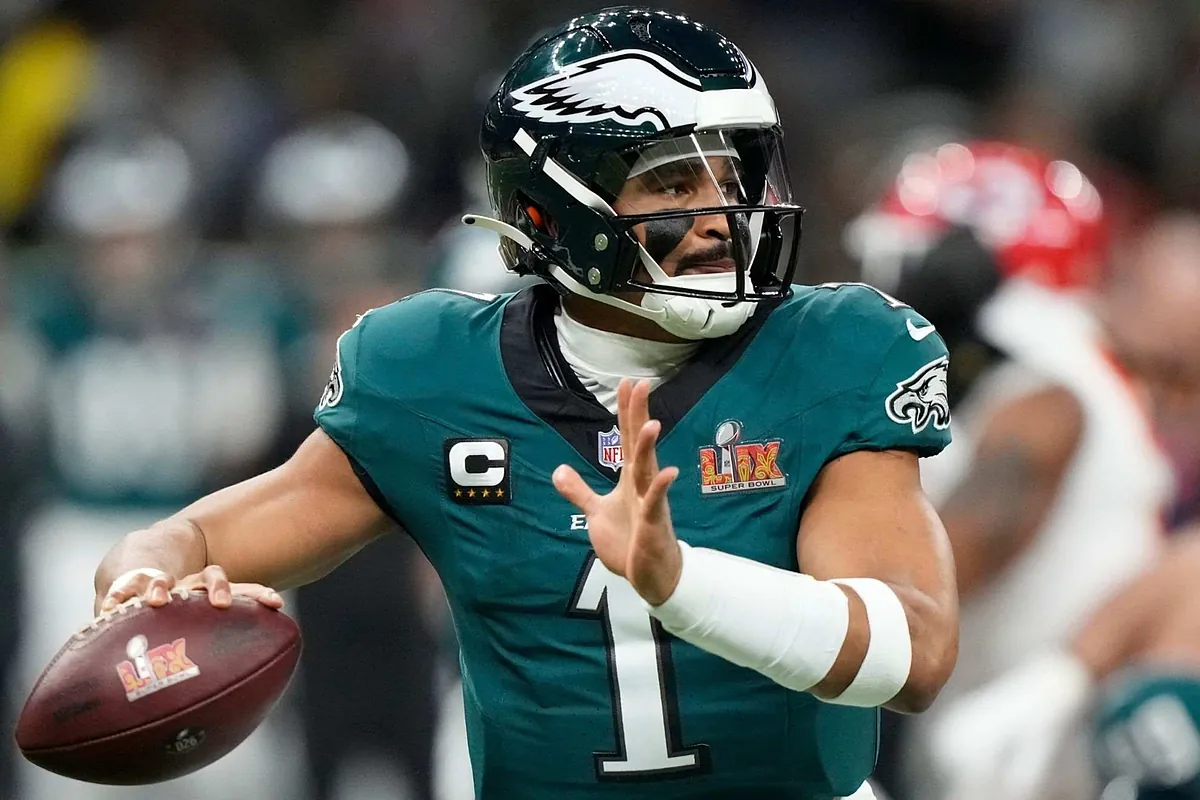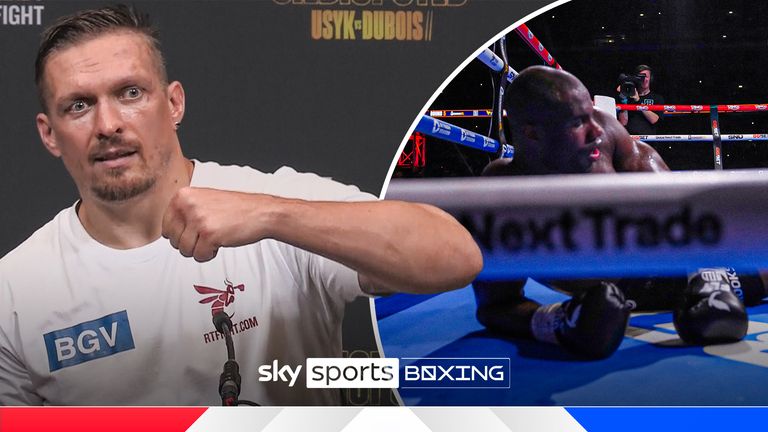

Jalen Hurts has established himself as one of the NFL’s most successful quarterbacks in recent years, leading the Philadelphia Eagles to a Super Bowl victory and becoming a central figure in the franchise’s modern resurgence.
Despite this, his position in national quarterback rankings suggests a gap between on-field results and perceived status.
The Athletic’s annual “QB Tiers” survey, which compiles evaluations from NFL coaches and executives, placed Hurts in a tie for ninth with Houston Texans quarterback C.J. Stroud.
The list positioned him behind several peers-Matthew Stafford, Jayden Daniels, Justin Herbert, and Jared Goff-while Kansas City‘s Patrick Mahomes occupied the top spot. For a quarterback with Hurts’ résumé, such placement raises questions about how performance is being measured and valued.
Feedback collected by analysts reveals mixed assessments. A defensive coordinator credited Hurts for helping return Philadelphia to prominence, acknowledging his steady growth and the way he operates within the Eagles‘ offensive structure.
An offensive coordinator described him as a high-level performer whose success fits well within a roster stacked with other strong contributors.
Some evaluators, however, focus on perceived shortcomings in late-game scenarios, particularly when opponents limit his mobility.
They point to moments in two-minute drills where keeping Hurts in the pocket has, in their view, reduced his effectiveness.
Yet, direct examples of decisive failures in such situations are rare, and comparisons with quarterbacks ranked higher often show similar challenges under pressure.
Ranking criteria and perception gaps
The debate over Hurts‘ ranking highlights the broader question of how quarterbacks are judged.
Statistical production, individual skill sets, supporting casts, and game situations all influence evaluations, but the weight given to each factor varies.
In Hurts‘ case, critics often emphasize a balanced offensive system that leans on both passing and a strong rushing attack. This approach, while highly effective for the team, may limit the type of passing statistics that elevate others in individual rankings.
Supporters counter that leadership, decision-making, and consistent execution in high-stakes environments carry greater value than raw numbers.
Hurts‘ ability to adapt to game situations, control tempo, and guide sustained drives has been central to Philadelphia’s success.
From playoff victories to his performance on football’s largest stage, his career has been defined by poise under pressure.
Hurts‘ journey from a second-round draft selection to Super Bowl MVP underscores his resilience and commitment. In a league where many promising quarterbacks struggle to translate potential into consistent wins, he has repeatedly delivered results.
His influence extends beyond the stat sheet-he is regarded as a unifying presence in the locker room and a player whose preparation sets the standard for teammates.
While rankings may continue to place him below other high-profile quarterbacks, Hurts‘ record shows a quarterback capable of leading a franchise to sustained success.
As the NFL’s evaluation culture evolves, the balance between measurable output and intangible impact may shift-potentially closing the gap between how Hurts is perceived and the reality of his achievements.
This news was originally published on this post .










Be the first to leave a comment